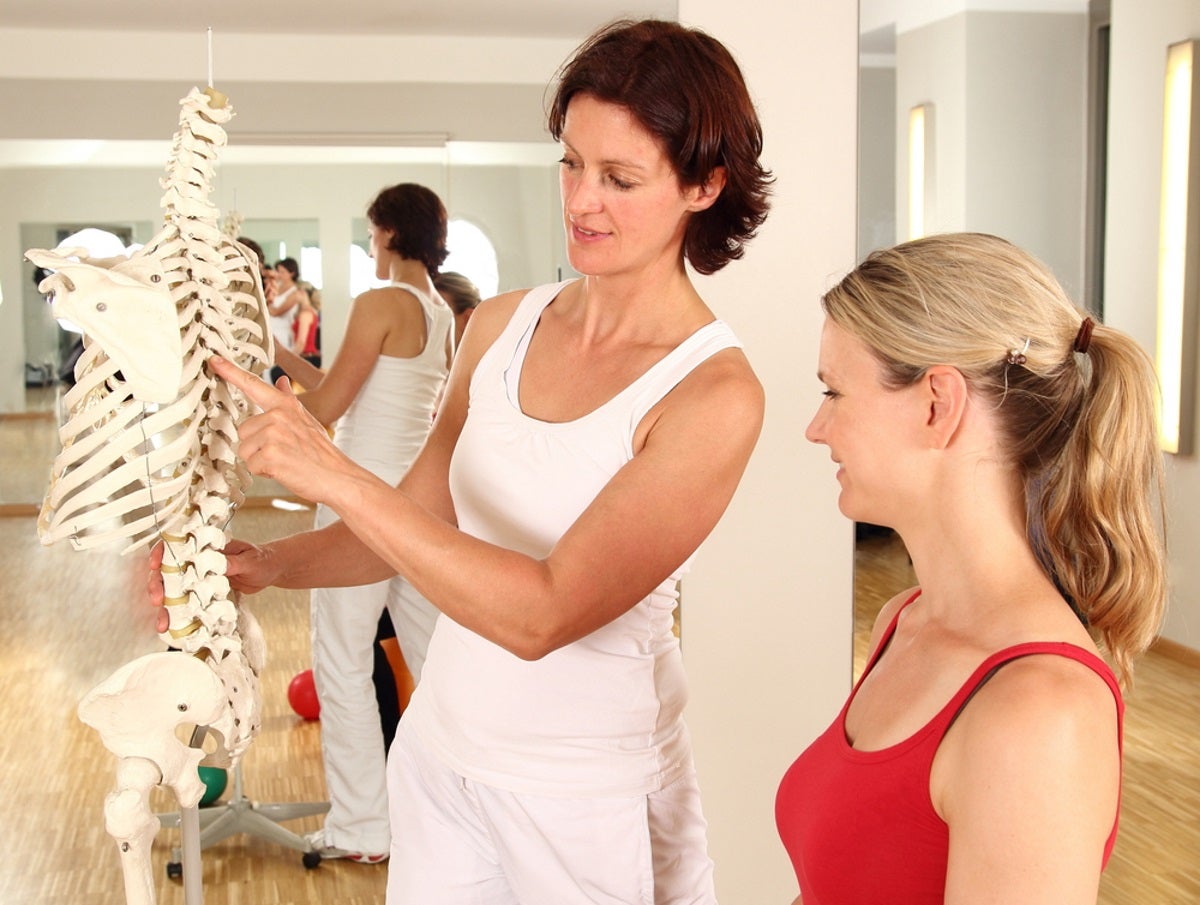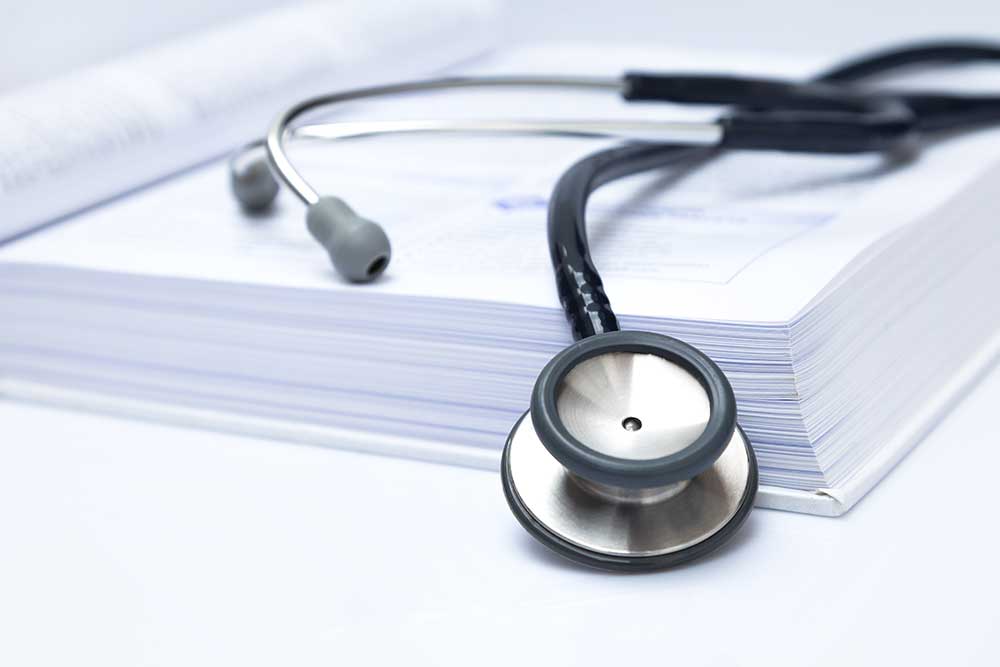Osteoporosis, Ovulation, Menopause and Bone Health
From wrinkle creams to antioxidant serums, aging is serious business in this country. Many women are mindful of the ways that aging changes the body and take measures to ensure that they age gracefully. Skin health and muscle tone may be on your mind as you age, but odds are that you aren’t giving enough consideration to your bone health. As a woman’s body ages, the cycle of bone growth changes, leading to less new bone being built. As a result, bones can get brittle and break much more easily, a condition called osteoporosis that many women live with after menopause.
What is Osteoporosis?
Roughly 54 million American men and women live with osteoporosis. Alarmingly, half of women over 50 years old living with osteoporosis will break a bone due to low bone density. Hip, spine and wrist bones are at the highest risk for breaking. I’m sure you can imagine the toll that such a break would take on your quality of life – in addition to the pain, daily tasks and activities like brushing your hair, typing or cooking dinner would become major challenges. Osteoporosis can also cause the vertebrae in the spine to compress, causing a loss of height and stooped appearance. Women with osteoporosis are at risk for depression due to loss of activities they enjoy and feelings of isolation.
Ovulation and Osteoporosis
It may come to a surprise to some women that osteoporosis and bone health are linked with ovulation. Two hormones directly involved in ovulation – estrogen and progesterone – tell special bone-building cells in your body to prevent bone loss as well as make new bone. Your ovaries produce estrogen and progesterone until menopause when they begin to slow down and eventually stop functioning. During perimenopause (the time when periods begin slowing), most women lose about 2% of their bone density per year. Then during the first few years of menopause bone is lost at 1% per year.
Osteoporosis and Hysterectomy
Because estrogen and progesterone have vitally important functions in regulating bone health, delaying menopause for as long as possible can have positive effects on bone health. If you are living with uterine fibroids, abnormal bleeding, or other painful uterine conditions, you may be considering hysterectomy and wondering how the surgery would affect your bone health. Hysterectomy surgery that removes just the uterus while leaving the ovaries intact can delay menopause until an age-appropriate time, helping you reap the benefits of bone health that ovulation provides.
References:
National Osteoporosis Foundation. (2015).What is osteoporosis? Retrieved from http://nof.org/articles/7
Prior, J. (2014, December 14). Preventive powers of ovulation and progesterone. Retrieved from http://www.cemcor.ubc.ca/sites/default/files/uploads/5_Ovulation_and_Bone_Health.pdf
Content Sponsored by: MIRI Women – The Minimally Invasive Reproductive Surgery Institute (MIRI) brings together highly skilled, board-certified specialists who are focused on women’s health. Our team of professionals is trained in advanced gynecology, specifically hysterectomy surgery. Philosophically, our partner physicians take a “less is more” approach to health care, by first treating patients with the most conservative therapies. MIRI focuses on physical healing, while emphasizing that a patient’s emotional well-being is just as important.







